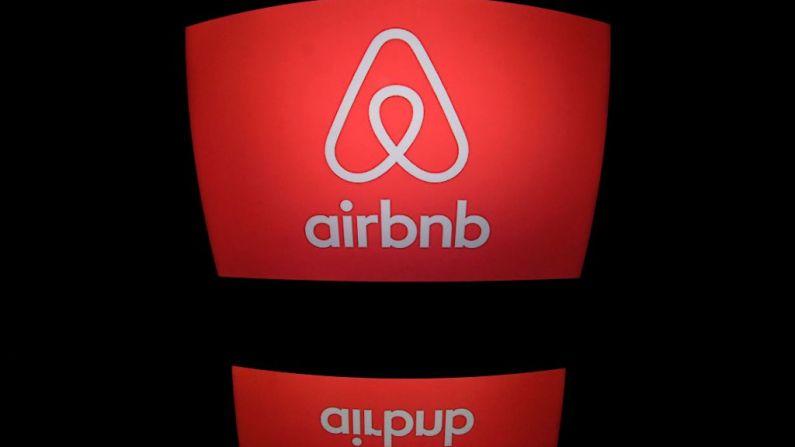The New York City Council unanimously approved a bill on Wednesday that will require Airbnb to disclose the names and addresses of all hosts to a city agency.
The bill is the latest attempt by the city to crack down on the company and root out so-called “bad actors,” or hosts that own multiple units, according to Councilwoman Carlina Rivera.





